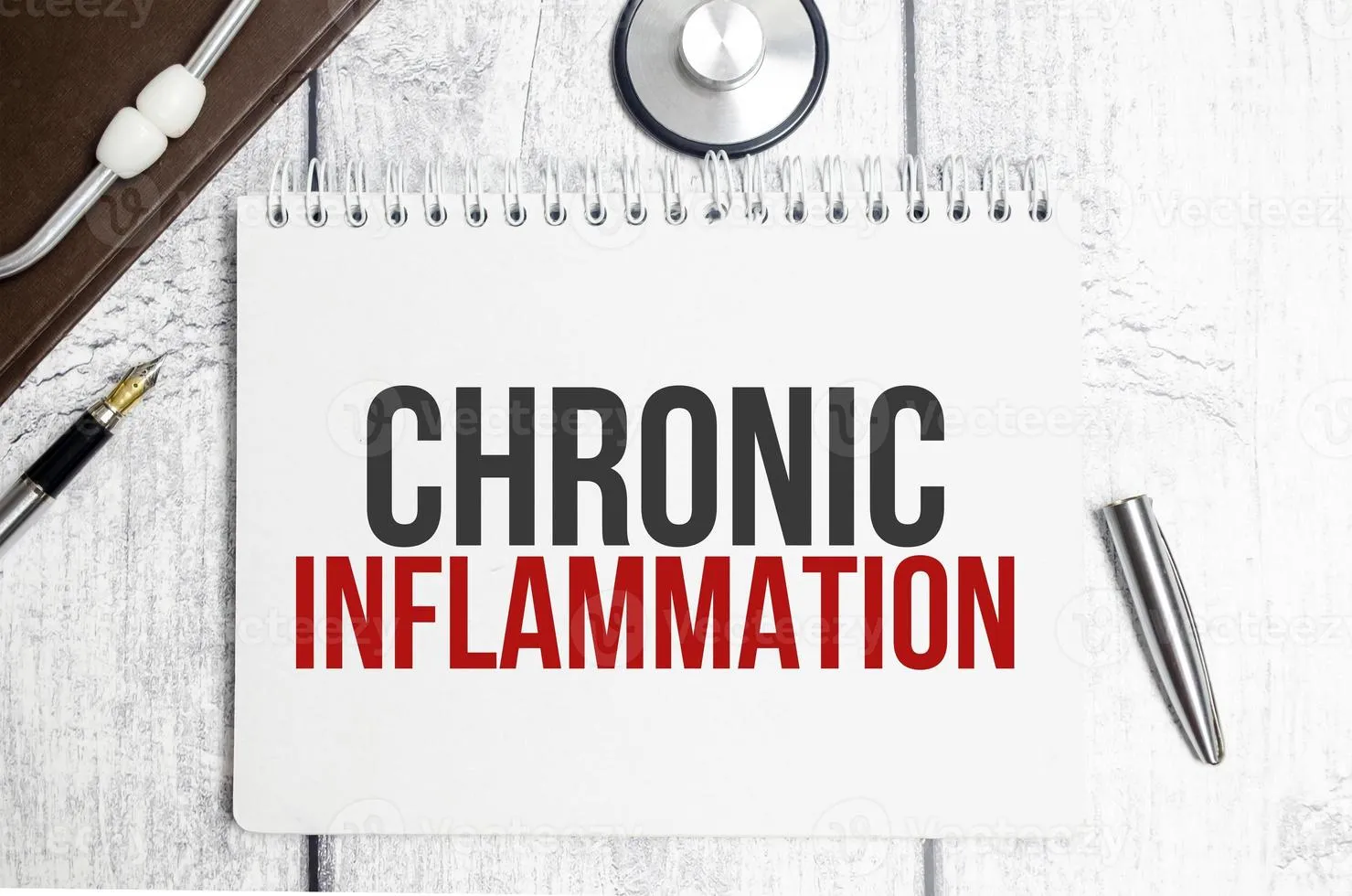
Argenx SE a global immunology company dedicated to improving the lives of people affected by severe autoimmune diseases, has announced that Japan’s Ministry of Health, Labour and Welfare (MHLW) has approved VYVDURA for the treatment of adults with chronic inflammatory demyelinating polyneuropathy (CIDP). VYVDURA is now the first and only neonatal Fc receptor (FcRn) blocker approved for CIDP, and it is available as a once-weekly subcutaneous injection that can be self-administered at home within 30 to 90 seconds.
Argenx Secures Approval for VYVDURA in Japan to Treat CIDP in Adults
CIDP is a rare and debilitating disease with limited treatment innovation in the last 30 years,” said Luc Truyen, M.D., Ph.D., Chief Medical Officer of Argenx. “With the approval of VYVDURA, CIDP patients in Japan now have access to a novel, effective therapy. This treatment offers a focused mode of action with a convenient, self-administered injection, supported by established safety and efficacy data from the ADHERE trial and real-world experience. By expanding access to VYVDURA, we continue to bring our first-in-class FcRn blocker, efgartigimod, to more patients in Japan and globally.
CIDP is a progressive, immune-mediated, neuromuscular disorder that affects the peripheral nervous system. Patients with CIDP typically suffer from disabling symptoms, including difficulty standing from a seated position, pain, fatigue, and frequent tripping or falling. As the disease advances, many patients become wheelchair-bound and are unable to work. Despite treatment, 85% of patients require ongoing care, and nearly 88% of those treated experience residual impairment and disability.

The approval of VYVDURA in Japan is based on the positive results from the ADHERE Study, which is the largest clinical trial to date focused on CIDP. In this study, 69% (221 out of 322) of patients treated with VYVDURA showed clinical improvement, including enhanced mobility, strength, and function, regardless of prior treatments. The ADHERE study met its primary endpoint with a 61% reduction in the risk of relapse compared to a placebo (p<0.0001). Furthermore, 99% of trial participants chose to continue in the ADHERE+ open-label extension phase, demonstrating the treatment’s sustained benefit. The safety profile of VYVDURA in the ADHERE trial was consistent with previous studies and real-world data.
VYVDURA was first approved by the MHLW for the manufacturing and marketing of generalized myasthenia gravis (gMG) in January 2024 and is scheduled for launch in April 2024. In March 2024, VYVDURA received Orphan Drug designation from the MHLW for CIDP, further underscoring its potential to address an unmet need in the treatment of this rare condition.
VYVDURA is marketed as VYVGART Hytrulo in the United States, and the FDA has provided important safety information for this treatment. VYVGART HYTRULO is a prescription medicine specifically for the treatment of adult patients with CIDP. However, it is not suitable for those who have a serious allergy to efgartigimod alfa, hyaluronidase, or any other ingredients in the product. VYVGART HYTRULO can also cause serious allergic reactions and potentially a drop in blood pressure, leading to fainting. It may also increase the risk of infections, particularly urinary and respiratory tract infections. Common signs of infection include fever, chills, pain during urination, sore throat, cough, shortness of breath, and more.
Patients should also be aware of the possibility of hypersensitivity reactions, such as rashes, swelling, and difficulty breathing. Serious allergic reactions, including a decrease in blood pressure and difficulty breathing, have been reported. Infusion-related reactions can occur, with symptoms such as high blood pressure, chills, chest or abdominal pain, and back pain.
Patients are advised to inform their healthcare provider about any existing medical conditions, medications (including over-the-counter, supplements, and herbal products), vaccinations, or pregnancy or breastfeeding plans. If a patient experiences signs of an infection, allergic reaction, or infusion-related reaction during or after treatment with VYVGART HYTRULO, they should contact their doctor immediately.
The most common side effects in patients treated with VYVGART HYTRULO include respiratory tract infections, urinary tract infections, and headaches. Additionally, injection site reactions, such as rash, redness, itching, bruising, pain, and hives, are also commonly reported.
In conclusion, the approval of VYVDURA for the treatment of CIDP in Japan represents a significant milestone in the management of this debilitating disease. With its innovative mechanism of action, ease of use, and demonstrated efficacy and safety, VYVDURA provides hope for patients in Japan and beyond who have been struggling with CIDP for years without effective treatment options.





